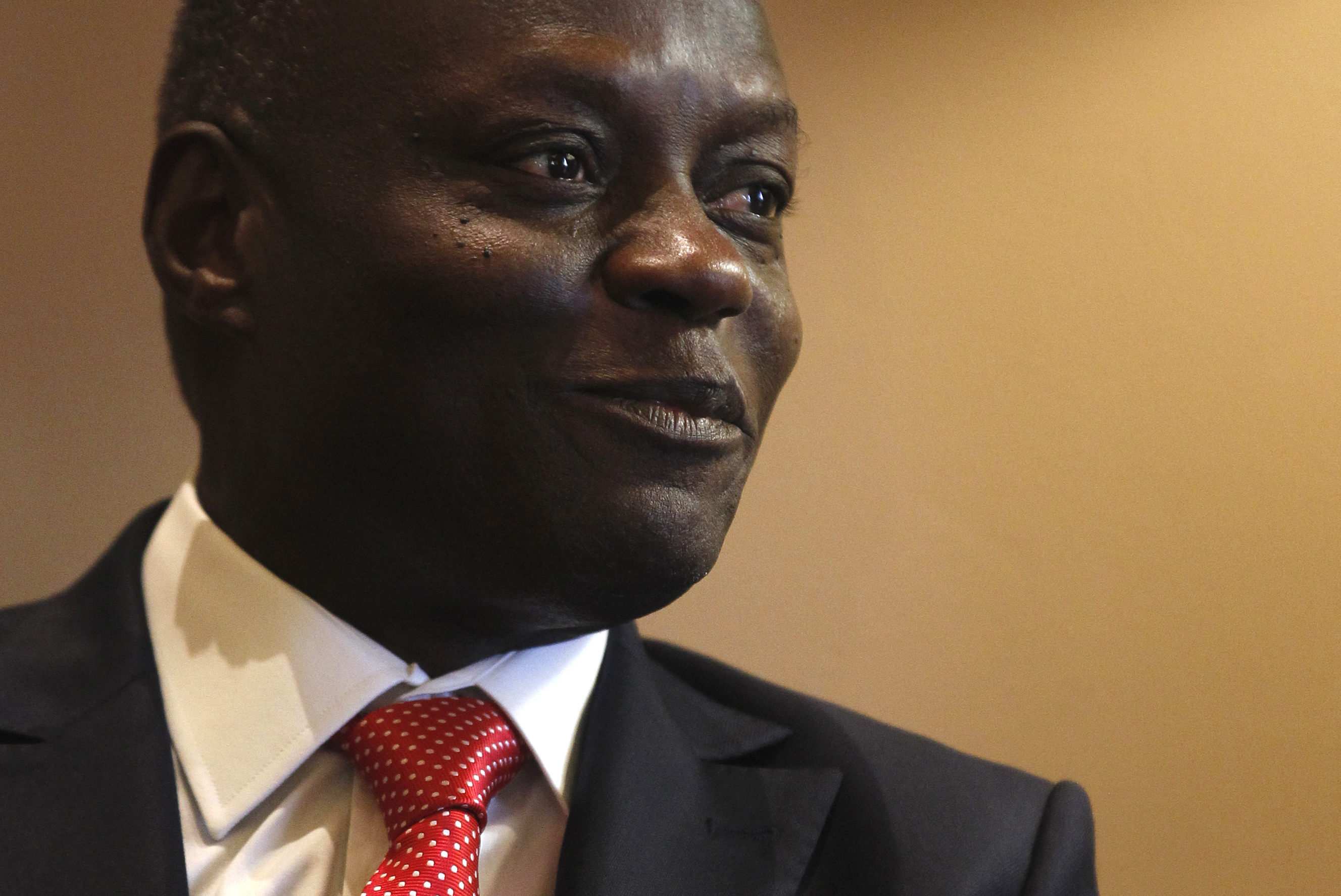Guinea-Bissau has made enough progress on economic reforms since the election of its new president last year to be eligible for a $23.9m loan, the International Monetary Fund (IMF) said on Tuesday.
“Political unity, a more favourable external environment and initial measures taken by the new government have helped restore macroeconomic stability,” the fund’s Guinea-Bissau mission chief Felix Fischer said in a statement.
The Washington-based lender said it could provide 17.04-million “special drawing rights” — an amount of IMF reserve assets that corresponds to $23.9m — in support over a three-year period, with a final decision due to be made on the financial support in July.
The potential for the IMF support comes after the European Union (EU) pledged €160m ($175m) in aid for the west African nation in March to bolster democracy and accelerate economic recovery.
The former Portuguese colony of 1.6-million people, one of the world’s poorest countries that has seen a succession of coups since it gained independence in 1974, elected Jose Mario Vaz a year ago in elections that were judged by the EU as “free and credible”.
“After two difficult years, Guinea-Bissau’s economy has grown by an estimated 2.5% in 2014,” Mr Fischer said in his statement, noting higher prices for the country’s key export of cashews, as well as more reliable energy provision and increasing construction and telecommunications.
“The outlook for 2015 also appears encouraging,” he added, projecting economic growth of 4.7% for the year
[divider]


